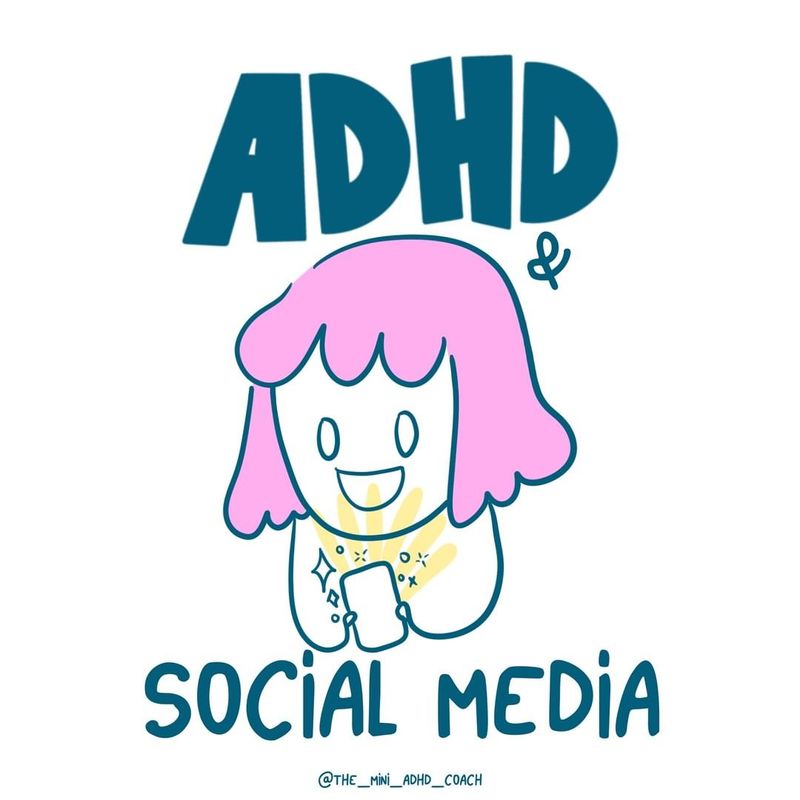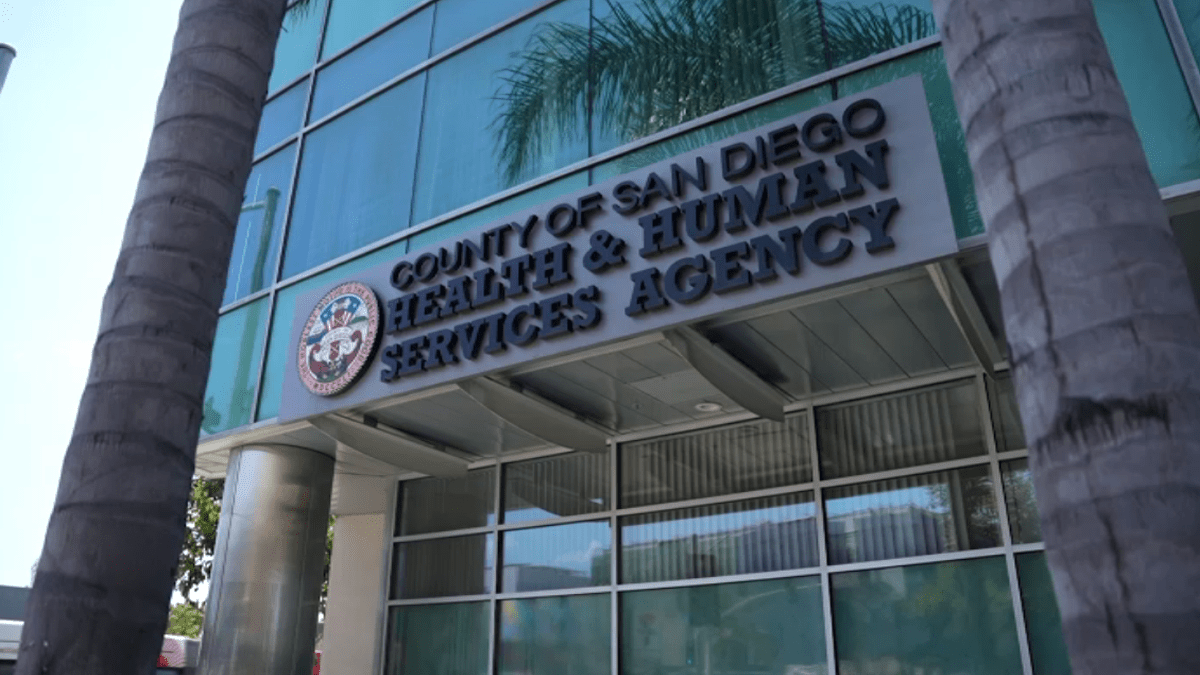ADHD Diagnosis: Navigating Social Media Influence

Table of Contents
The Potential Benefits of Social Media in the ADHD Diagnosis Process
Social media, while presenting challenges, can also be a powerful tool in the ADHD diagnosis journey. Used responsibly, it offers valuable support and resources that can significantly aid the process.
Finding Support and Community
Online forums and support groups provide a vital space for individuals seeking an ADHD diagnosis. Sharing experiences with others facing similar challenges can significantly reduce feelings of isolation and loneliness. This peer-to-peer support is invaluable.
- Examples of helpful online communities: Subreddits like r/ADHD and r/adhdwomen, along with various Facebook groups dedicated to ADHD support (always vet groups for reliable information and moderation).
- The emotional benefits: Connecting with others who understand the struggles of ADHD provides validation, reduces feelings of being alone, and fosters a sense of belonging. This emotional support can be crucial during the often-lengthy diagnostic process.
Access to Information and Resources
Social media platforms offer access to a wealth of information on ADHD, expanding knowledge beyond traditional sources like books and doctor's appointments. Reputable organizations and professionals share valuable content, educating individuals about symptoms, diagnostic criteria, and treatment options.
- Reliable sources of information: The Children and Adults with Attention-Deficit/Hyperactivity Disorder (CHADD) organization frequently shares information on social media. Look for verified accounts of medical professionals, researchers, and educational institutions. Always verify the source's credibility.
- Understanding treatment options: Learning about different treatment approaches, such as medication, therapy, and lifestyle changes, empowers individuals to engage in informed discussions with their healthcare providers.
The Risks and Challenges of Social Media in the ADHD Diagnosis Process
While social media offers benefits, it's crucial to be aware of the potential pitfalls. Misinformation, skewed perspectives, and negative social comparison can hinder the diagnostic process and negatively impact mental well-being.
Misinformation and Self-Diagnosis
The internet, particularly social media, is rife with inaccurate or incomplete information about ADHD. Self-diagnosing based on online information is dangerous and can lead to inappropriate treatment choices and delays in receiving proper care.
- Common misconceptions: Social media can perpetuate myths about ADHD, such as it being solely a childhood disorder or simply a matter of lacking willpower.
- The dangers of self-medicating: Attempting to treat ADHD based on information found online without professional guidance can have serious consequences for physical and mental health. Always consult a healthcare professional for accurate diagnosis and treatment.
The Influence of Social Media Trends and "ADHD Influencers"
While some social media influencers provide valuable support, others may present skewed perspectives or focus on specific traits, potentially leading to misinterpretations and unrealistic expectations.
- Potential biases: Some content may emphasize certain ADHD symptoms or experiences over others, creating a distorted picture of the condition.
- Unrealistic expectations: Exposure to idealized versions of ADHD management on social media can lead to disappointment and self-criticism if individuals struggle to meet those standards. Remember that everyone's experience with ADHD is unique.
Comparison and Negative Self-Perception
Constantly comparing oneself to others' experiences on social media can lead to feelings of inadequacy, anxiety, and low self-esteem. This is particularly relevant for individuals seeking an ADHD diagnosis, as the process can already be emotionally challenging.
- Exacerbating negative feelings: Social media's curated nature can create unrealistic comparisons, leading to feelings of falling short.
- The importance of self-compassion: Focus on personal progress and celebrate individual achievements rather than comparing oneself to others online.
Conclusion
Social media can be a valuable tool in navigating the ADHD diagnosis process, offering support, information, and connection. However, it's crucial to approach online resources with critical awareness, verifying information and prioritizing professional guidance. Remember, a proper ADHD diagnosis requires a comprehensive evaluation by a qualified healthcare professional. Don't rely solely on social media for your assessment. Seek professional help and use social media wisely to supplement your journey toward an accurate ADHD diagnosis. Take control of your health journey and find the support you need – responsibly navigating the complexities of an ADHD diagnosis.

Featured Posts
-
 Us Shoppers Bear The Brunt How Trump Tariffs Inflate Temu Prices
Apr 29, 2025
Us Shoppers Bear The Brunt How Trump Tariffs Inflate Temu Prices
Apr 29, 2025 -
 Has Mets Pitcher Shown Enough For A Rotation Spot
Apr 29, 2025
Has Mets Pitcher Shown Enough For A Rotation Spot
Apr 29, 2025 -
 50 000 Fine For Anthony Edwards Nba Addresses Players Fan Interaction
Apr 29, 2025
50 000 Fine For Anthony Edwards Nba Addresses Players Fan Interaction
Apr 29, 2025 -
 Driving The Future Exploring Porsches New Macan Electric Vehicle
Apr 29, 2025
Driving The Future Exploring Porsches New Macan Electric Vehicle
Apr 29, 2025 -
 A Geographic Analysis Of Emerging Business Hot Spots
Apr 29, 2025
A Geographic Analysis Of Emerging Business Hot Spots
Apr 29, 2025
Latest Posts
-
 Legislators Voice Reservations About Gretnas Proposed Mega Project
Apr 30, 2025
Legislators Voice Reservations About Gretnas Proposed Mega Project
Apr 30, 2025 -
 Nebraska Senators Express Concerns Over Proposed Gretna Development
Apr 30, 2025
Nebraska Senators Express Concerns Over Proposed Gretna Development
Apr 30, 2025 -
 Nebraska Senators Question Gretna Mega Development
Apr 30, 2025
Nebraska Senators Question Gretna Mega Development
Apr 30, 2025 -
 Biker Seriously Injured In Lorry Collision Investigation Underway
Apr 30, 2025
Biker Seriously Injured In Lorry Collision Investigation Underway
Apr 30, 2025 -
 Family Sues San Diego County Over Inmates Death In Custody
Apr 30, 2025
Family Sues San Diego County Over Inmates Death In Custody
Apr 30, 2025
